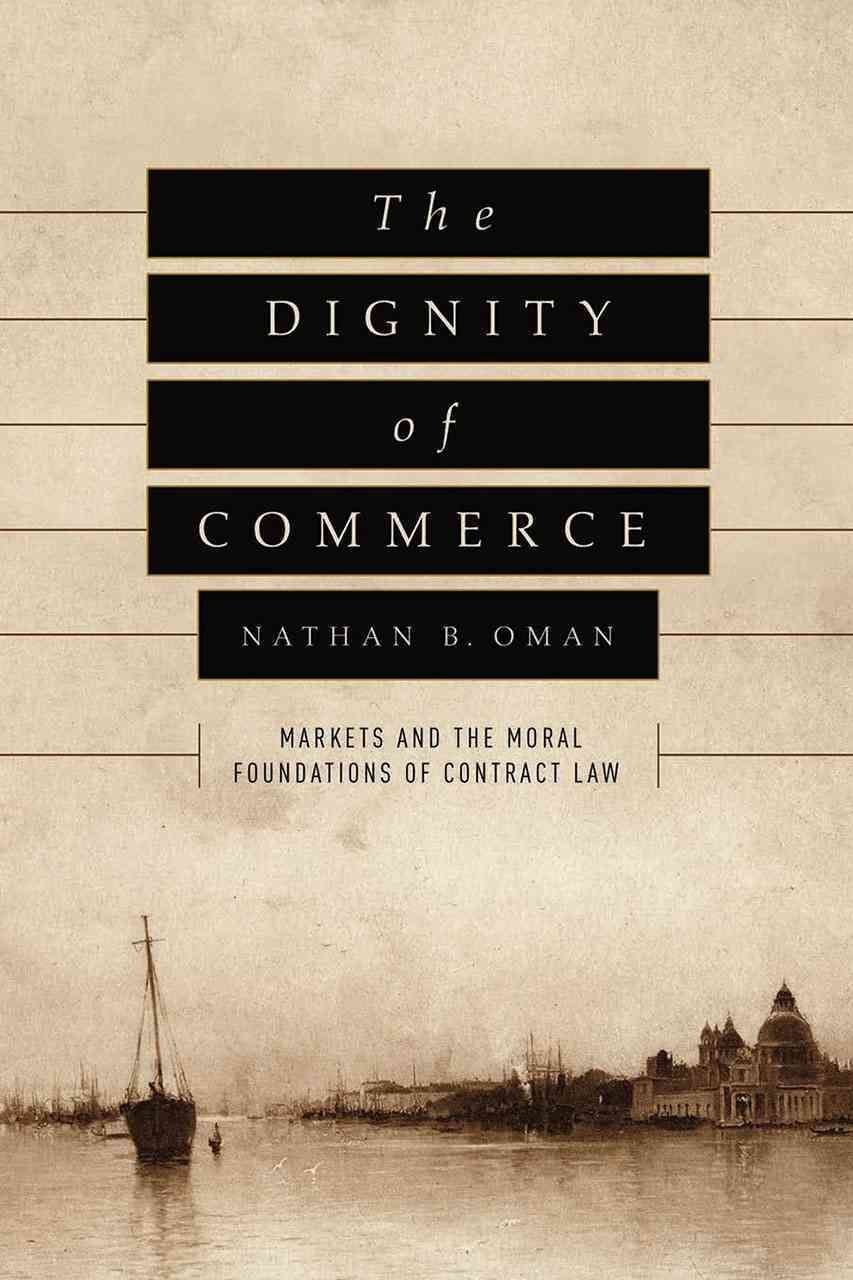Companies are increasingly faced with the fact that the communication habits of their customers have changed sustainably - not only through the use of the Internet, but even more through the use of mobile services. Traditional marketing and communi- tion instruments are increasingly being supplemented or even replaced by the direct, personalized address of the customer. The most powerful tool for this kind of com- nication is the mobile phone. It provides a direct and interactive communication ch- nel to the customer. For numerous people, the mobile phone is no longer simply p- ceived as another medium, but rather as an indispensable part of daily life, even as part of their personality. At the same time, it is not only used for telephony, but also as a central communication and information hub. While the Internet is increasingly leaving the traditional personal computer, and conquering the mobile phone, the sending of messages via mobile phone has been a standard way of communicating, not only for young audiences. This suggests the assumption that the direct communication channel will be used strongly by marketers in the near future in order to attract new customers and provide extended services to existing ones. Since it is such a powerful tool, its use represents a particular challenge for companies - as it represents the direct, sensitive connection to the heart and mind of the customer.












